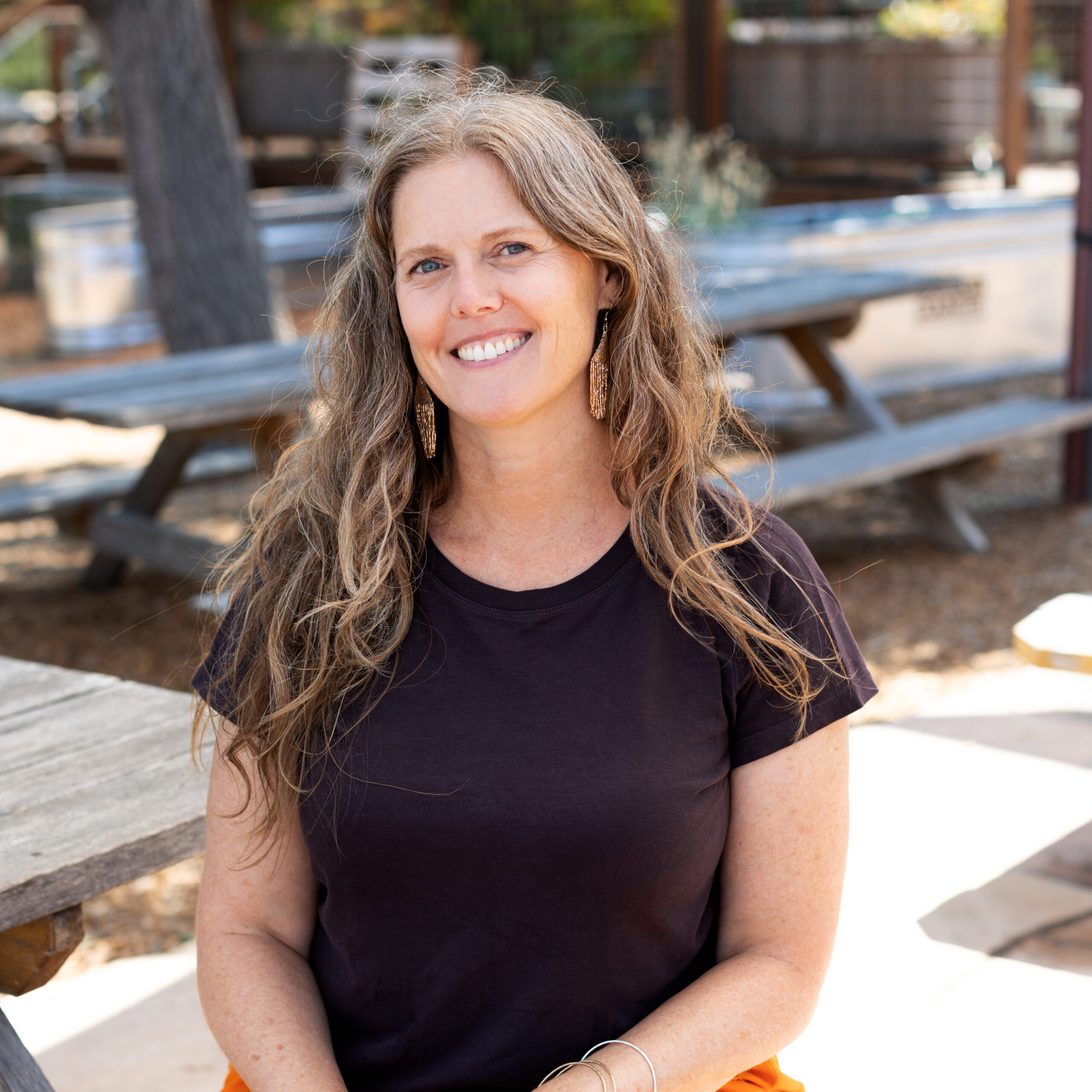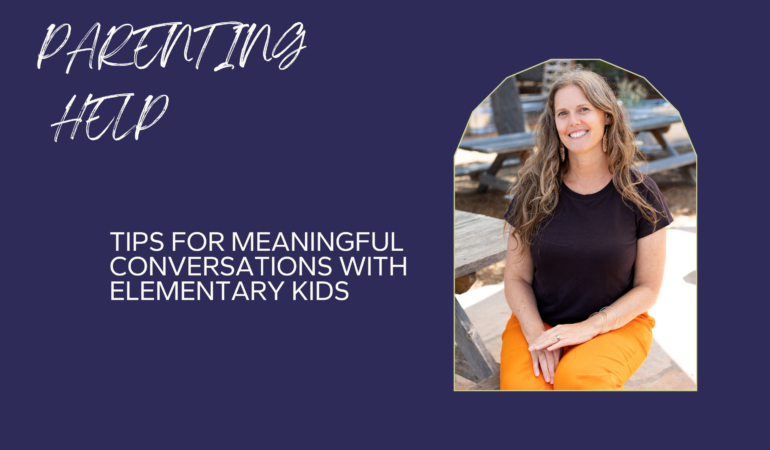From the time our children are born, they start the journey of becoming more and more independent of us. They separate from our bodies. Then they learn to eat food. They learn to move. At each of these milestones, they are becoming more physically independent.
I can still remember the first time I took my oldest child to a park after he had learned to walk. He could walk. He was interested in the sand, the grass, the trees. And, as he started to move farther away from where I sat, he kept looking back at me, as if to ask, “Is this ok? Can I go this far? Are you still there? Am I still safe?”
Developing Social and Intellectual Independence
During their Elementary years, our children are developing social and intellectual independence. They go through similar stages of gaining the skills needed for independent thinking and being in community. The Elementary Grace and Courtesy lessons support this skill development.
This feedback helps each child to recognize the importance of their social interactions in the same way that spilled water helps young children recognize the importance of controlling their physical actions.
And, they want to practice using these skills. Just like when they are learning to stand and walk, they fall, they fail, they get it wrong, and they start to get it right. Then, they get it wrong again, and right again. They get it wrong, and wrong, and right… And, the beauty of the Elementary classrooms is that they are carefully prepared environments that provide regular feedback for these behavior trials.
Understanding the Impact of Behavior
When children are kind and thoughtful, the atmosphere of the room is pleasant. It feels good. When the children are selfish or disruptive, the tone of the room becomes uncomfortable. Experiencing these barometric changes helps the children to understand the relationship between their behavior and the well-being of the community.
Concept of Justice
“This is the age that the concept of justice is born, simultaneously with the understanding of the relationship between one’s acts and the needs of others.”
Dr. Maria Montessori
Children learn about the relationship between their actions and the needs of others simply by participating in the life of their class each day. They learn about justice, about right and wrong from us.
As our Elementary children practice their social skills, even though they are working on becoming more independent, they do keep looking back at us to help them gauge their progress. This can look like tattling. It can look like telling you stories about the behaviors they observed during the day. It can look like telling exaggerated stories about other people’s behaviors, and entirely made-up scenarios.
When thinking through our strategies, we will always keep the following goals in mind:
- We want to help our children develop a gauge for recognizing right and wrong.
- We want to help our children learn how to choose what is right.
- We want to help our children learn how to get help when the situation calls for it.
General Conversation Tips
- Put down devices and look each other in the eye.
- Practice active listening, repeat back what you hear your child say: “What I heard you say is… Did I get that right?”
- If you are not available to be present with your child for a conversation right now, tell them that, and let them know when you will be ready to talk.
Responding to Tattling
- This is one of the most common tools our children use to help them develop their gauge.
- Discuss the scenario they bring to your attention.
- Ask them what they think.
- Tell them what you think and why.
When You Feel Like Your Child Needs Help from an Adult
This is similar to tattling. If your child needs help navigating the moment:
- Follow the steps above.
- Tell them, “It sounds like that is something important for your teacher to know. Have you talked to him/her about it yet?”
- If not, “We should make sure he/she knows tomorrow. How would you like to tell him/her?”
- If they are uncomfortable telling, “Would you like to tell her on your own or would you like me to join you?”
Facilitating Conversations about Conflict
- Invite each participant to share their perspective.
- Ask what they need in order to feel better.
- Ask what they will do better.
- As you facilitate, it’s important to establish ground rules:
- No interrupting.
- Everyone gets a turn.
- If a new person is brought up, pause until they can join the conversation.
Additional Strategies
How to ask about your child’s day
- Questions about the social experience of the day
- Who did you work with today?
- What do you like about working with them?
- Was anyone at your table especially kind today?
- What did they do or say?
- If you had to give one person in your class a compliment today, what would it be?
- Questions about work
- What work did you start your day with today?
- What materials did you use?
- Did you work with friends or on your own? Why did you choose that?
- Did you observe any work that you really admire today? What was it?
- Did you observe anyone helping someone with their work? What do you think about that?
- If your child just isn’t sharing, try one of these ideas:
- Tell them about your day. Model sharing your feelings about any hard things you faced. Tell them about the wonderful things too.
- Choose a topic to discuss (being a friend, kindness, responsibility, etc.). Prepare some specific questions ahead of time to get the conversation going.
- Tell a story and discuss it. Elementary children are very interested in stories about morality and justice, and biographies. Tell stories about your relatives and friends, important people in your life, and people whom you look up to!
As we navigate the wonderful, challenging, and ever-evolving landscape of parenting our elementary-aged children, it’s normal to feel a mix of anxieties and aspirations. We worry about their social development, their academic progress, and their overall happiness. Yet, we also dream of the incredible individuals they will grow up to be, contributing positively to their communities and finding joy in their own unique journeys.
By investing time in meaningful conversations with our children, actively participating in their world, and guiding them through the complexities of social interactions and moral dilemmas, we are laying a solid foundation for their future.
Let’s embrace this journey together, cherishing the small moments, learning from the challenges, and celebrating the victories, no matter how small they may seem. In doing so, we not only support our children in becoming the best versions of themselves but also find fulfillment and joy in our role as parents.
Here’s to meaningful conversations, strong parent-child bonds, and a future filled with hope and promise.

As the Director of Education for Elementary and career-long Montessori educator, Minnie relishes the gift that a Montessori education offers to children, families, and society.





